A recent Bloomberg article, titled “Exxon Says Reaching Net Zero Global Emissions by 2050 ‘Highly Unlikely’,” describes a regulatory filing Exxon Mobil Corporation made indicating that there would be significant risk associated with phasing out oil and gas production and use. Exxon and Glass Lewis, the advisor they referenced, are right. Getting rid of oil and gas in pursuit of Net-Zero emissions by 2050 would seriously impact the peoples’ standards of living globally.
According to Bloomberg, Exxon said “The International Energy Agency’s (IEA) Net Zero Emissions scenario, which models a phaseout of most fossil fuels by 2050, has little bearing in reality[.]”
They go on to say that it is “highly unlikely that society would accept the degradation in global standard of living required to permanently achieve a scenario like the IEA NZE.”
Exxon’s representatives are correct. Multiple polls have shown that although majorities claim to claim to support “climate action,” once they see the actual price tag, they are far less enthusiastic. For example, a United Nations poll conducted in 2016, had climate change concerns coming in dead last.
Californians provides a good case study. As covered by Climate Realism, here, although California residents are often celebrated for their climate bona fides, when polled on support of a climate tax, their support fizzles. A California county board polled the public, looking for support for a tax increase of 0.25 percent to use for climate goals, and the poll failed to generate the two-thirds support they needed to pass the tax.
Europeans, who are generally happier with government climate initiatives, also don’t support those plans once they begin to directly impact their way of life. A recent YouGov poll of several thousand Europeans across different countries, found that most Europeans claimed to be worried about climate change. However, when the poll asked how much they were willing to sacrifice, support quickly waned. Most did not support limiting meat or dairy intake, paying more for electricity or energy efficient appliances, limiting how many children they have, or limiting or banning vehicles powered by internal combustion engines.
Since fossil fuel use is the backbone of all these parts of life, it makes sense to say that it is “highly unlikely” that a phaseout of fossil fuels will be supported once the masses realize what impact on the day-to-day it would have.
Restricting or eliminating the use of fossil fuels will undoubtedly lead to higher food prices, because every step of large-scale food production relies on them, and on byproducts from refining them. Fertilizers and pesticides are made as a byproduct of natural gas production, and plastics and other specialized materials are made from the byproducts of oil and gas refining. Large tractors run on diesel fuel; the steel necessary for heavy farm equipment is made using coal; industrial ship ladders are used for accessibility and safety; transportation fuels get food from farm to table, the list goes on forever, and that’s just the agricultural industry. As Climate Realism has extensively covered, here, here, and here, for example, the food supply is already being threatened by efforts to ban the use of fossil fuels in agriculture.
Fossil fuels are even used in the mining, refining, manufacturing, transportation, and construction of renewable electric power sources like wind turbines, solar panels, and batteries, and electric vehicles.
Exxon knows this, and should be encouraged to keep making these facts known. If voters were aware of the true costs of net-zero, the alarmist media and politicians may have a harder time forcing it on the public.




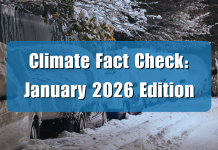
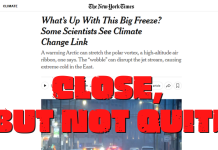









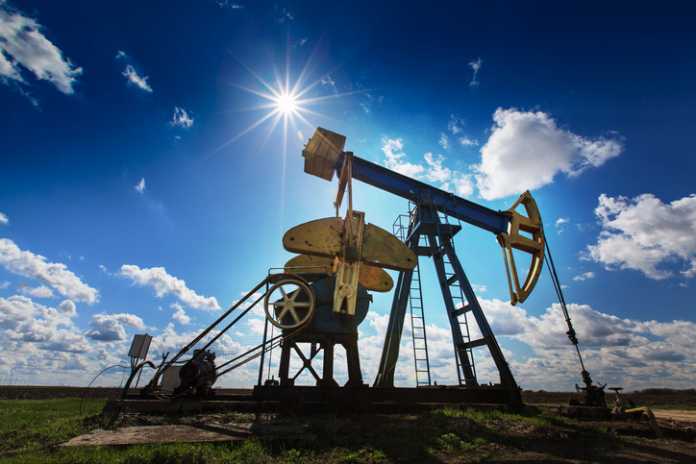
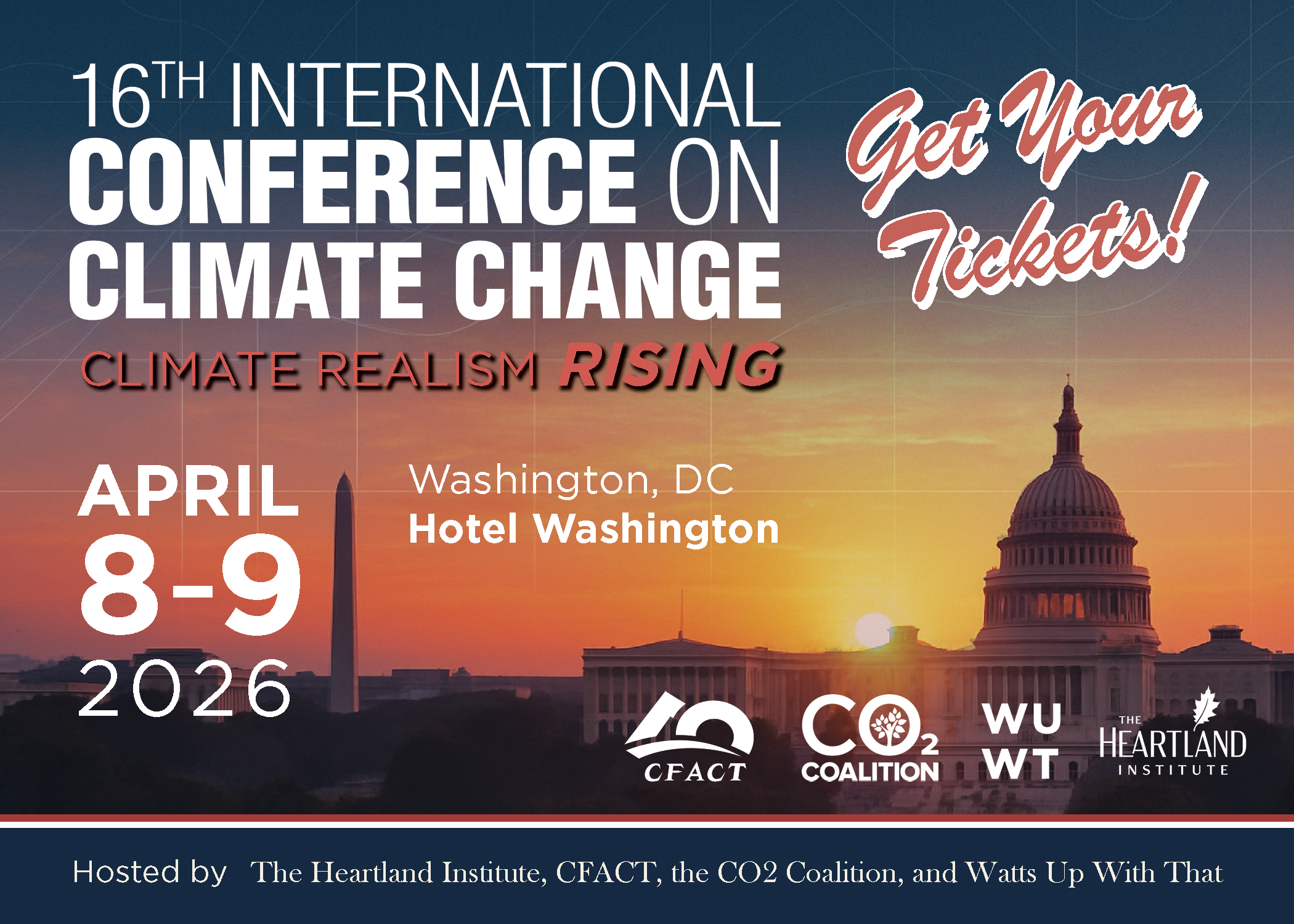







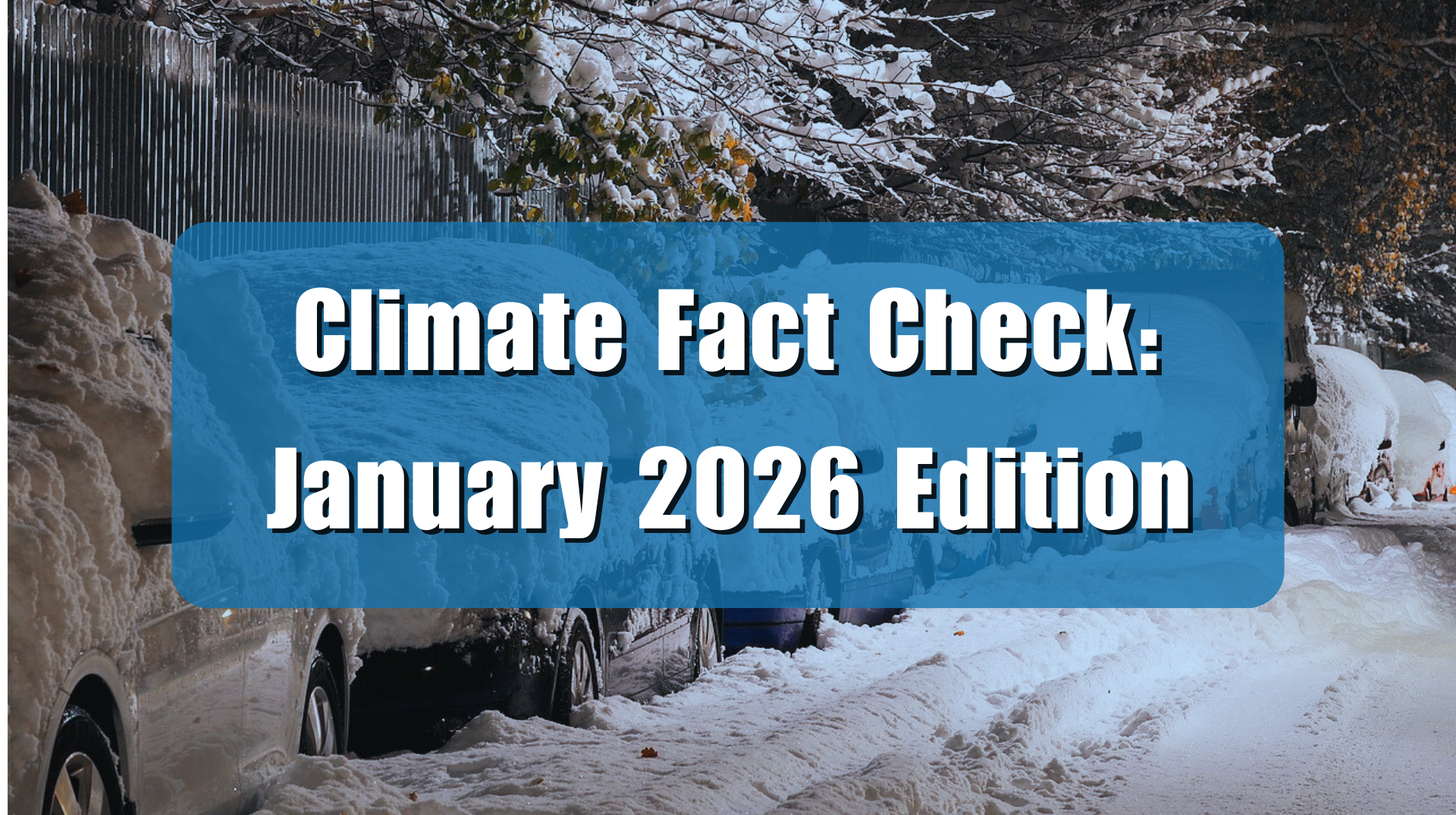

Wow! This is good news. Sanity is breaking out before the greens can do irreparable harm.
“Multiple polls have shown that although majorities claim to claim to support “climate action,” once they see the actual price tag, they are far less enthusiastic”
All those carriages abandoned in parking lots 20-ft from a collection area point to the reason, even if the two clues seem unrelated. How many people entering the store would one expect to poll before finding a customer willing to admit they usually leave the cart a few steps from where they last had use for it?